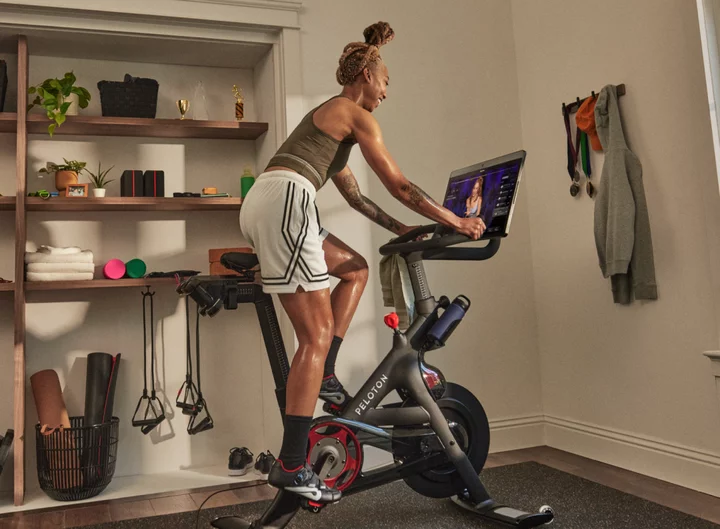As the climate crisis continues, workplaces, schools, institutions and other environments all over the world are doing their bit to cut back on waste, especially when it comes to plastic - one of the hardest materials to recycle.
Most of us have an awareness of the plastic waste produced by the likes of fast fashion or hospitality industries, but one area that often slips by unchecked is the medical sector. Thankfully, medical products and solutions company Mölnlycke has studied just how much of an environmental impact hospitals have, and have provided the solution.
According to a report by Healthcare Without Harm, prior to the pandemic, hospitals under the National Health Service in the UK produced 11,300 tonnes of waste daily. Of this, 22.7% was plastic – that's around 2,500 tonnes of plastic waste every single day.
The Mölnlycke team uncovered that, of all hospital waste, a significant 20–33% is produced in the operating room, according to research paper People, Planet and Profits: the case for greening the operating room. Each surgery results in large amounts of waste, which mainly consists of planet-unfriendly single-use products and sterile packaging. To put this into perspective, a routine operation at a hospital produces more waste than a family of four produces in an entire week.
Considering the urgent state of the climate situation, these statistics paint a bleak picture.
But there is another way. We don’t have to accept climate damage in any industry. We can cut back on plastic waste produced in surgery rooms, and keep offering patients the healthcare they deserve.
Art creating action
Targeting a huge portion of overall waste in hospitals, Mölnlycke’s single-use trays, ProcedurePak, significantly reduces the amount of plastic going into surgery rooms, and inevitably reduces the waste that leaves them.
Dutch artist Maria Koijck, who received a breast cancer diagnosis in 2019, had a mastectomy followed by a DIEP flap procedure in 2021 to reconstruct her breast. The amount of waste produced by these surgeries astounded her.
Maria requested from her medical team that, after her operation and the subsequent postoperative treatment, they gather all the waste from the entire procedure, from single-use gloves, scrubs, masks and more, to create a powerful message.
With these items, she created an art installation showing just how much waste is produced from one surgery and shared it with the public in her film, titled "Is there another way?"
So far, no one has offered an answer, so Mölnlycke sought to deliver that much-need response.
In 2023, Mölnlycke contacted Maria Koijck, asking her to recreate her artwork as if her DIEP flap procedure had been performed with a Mölnlycke ProcedurePak tray. Maria agreed to participate, and her recreation was turned into another film.
With the ProcedurePak, there was significantly less waste, illustrating that there are actually more sustainable ways to perform surgeries, just as she’d hoped.
And according to Royal Liverpool and Broadgreen University Hospitals from the NHS Trust, hospitals switching to this solution could reduce packaging waste in the surgery room by a whopping 90% - a much needed change.
Minimal waste, maximum focus
As well as focusing on sustainability, this innovation also supports a more efficient preparation process, which is vital to the smooth running of operating theatres. When surgical consumables are packaged individually in single-use plastic surgical teams need to spend a significant amount of time individually unwrapping every component and setting them up in the correct order for the surgeon.
The ProcedurePak makes this time-consuming step no longer necessary. There’s no individual wrapping, meaning less fiddling, and surgical teams can also personalise their pack to their specific needs, cutting out the ordering step completely.
This means nurses can focus on more important tasks and operation room preparation time reduces by up to 40%, according to a multinational case study from Mölnlycke. This gives medical workers the opportunity to not only reduce waste, but even increase the number of procedures performed in a given day.
Medical staff save lives every day, but with Mölnlycke, we can save even more people by making operations more efficient and healing our environment at the same time. Substituting single packed surgery supplies for Mölnlycke ProcedurePak is the switch our planet and its people deserve.
Learn more about Mölnlycke sustainable surgery supplies and how to bring them to your hospital.









